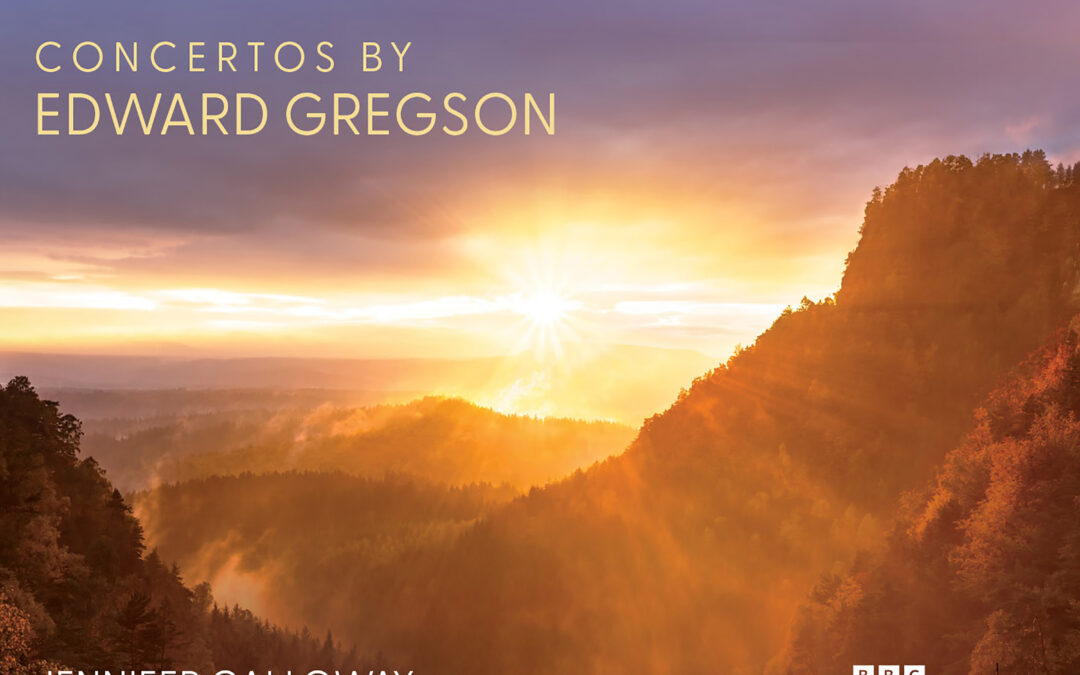Edward Gregson piano
BBC Philharmonic Orchestra
Ben Gernon conductor
CHANDOS CHAN 20356
Edward Gregson is an alumnus of the Royal Academy of Music where he studied composition with Alan Bush, who had been a pupil of Frederick Corder, also at the Academy. However, after graduation, Bush studied privately with John Ireland and it was in this period that he was enabled to find his voice as a composer.
I detect in Gregson’s music something of the same lyricism one finds in Ireland’s music. This means that Gregson has earned his place as one of the most distinguished living British composers. Given that, his music could never be mistaken for anything other than contemporary, and has always been able to communicate eloquently with his audience; something which, in contemporary music, should be celebrated. In my view, both Bush and Ireland had the same gift.
I found the group of pieces included on this disc intriguing. The first item is the Tuba Concerto, a well-wrought piece in three movements of almost equal length. Inevitably one recalls Vaughan Williams earlier example, but while this work is every bit as good natured, it manages not to be reminiscent, and Ross Knight is a most persuasive soloist.
The Song for Bram, written in memory of Bramwell Tovey, is moving, yet avoids being either sentimental or lachrymose. The sudden conclusion seems to convey the abrupt sense of loss which Tovey’s unexpected death produced in his many friends, colleagues and admirers. The quotation of two of Tovey’s favourite hymn tunes, St Clement and St Denio, is an inspired touch, reminding us that Tovey, like Gregson, devoted much time to brass band music, with its association with hymnody.
To some extent occupying the same emotional territory, is A Song for Sue, which draws on various stylistic influences including Ireland, and Gershwin, and began as the Concertante for piano and Brass Band. Here the brass is replaced by strings and the central Nocturne is extracted to make a beguiling and, in the composer’s words, ‘unashamedly romantic’ miniature.
The two large-scale concertos for Viola and String Orchestra and Oboe and Orchestra make more psychological and emotional demands on the listener. In part this is because both draw inspiration from sources which are somewhat abstruse. In the first of these the ‘Three Goddesses’ are Morrigan (Celtic), Aphrodite (Greek) and Diana (Roman) and the solo viola takes the role of the three deities in each of the movements.
The concerto for Oboe and orchestra, A Vision in a Dream, draws inspiration from Taylor-Coleridge’s poem Kubla Khan and the notes suggest that here the composer comes closest to writing a symphonic poem. Some helpful quotations are included which put the music into its dramatic context.
The performances are all superb and the recorded sound is natural and warm. An excellent disc to play to anyone who finds contemporary music intimidating.
Review by Martyn Strachan

